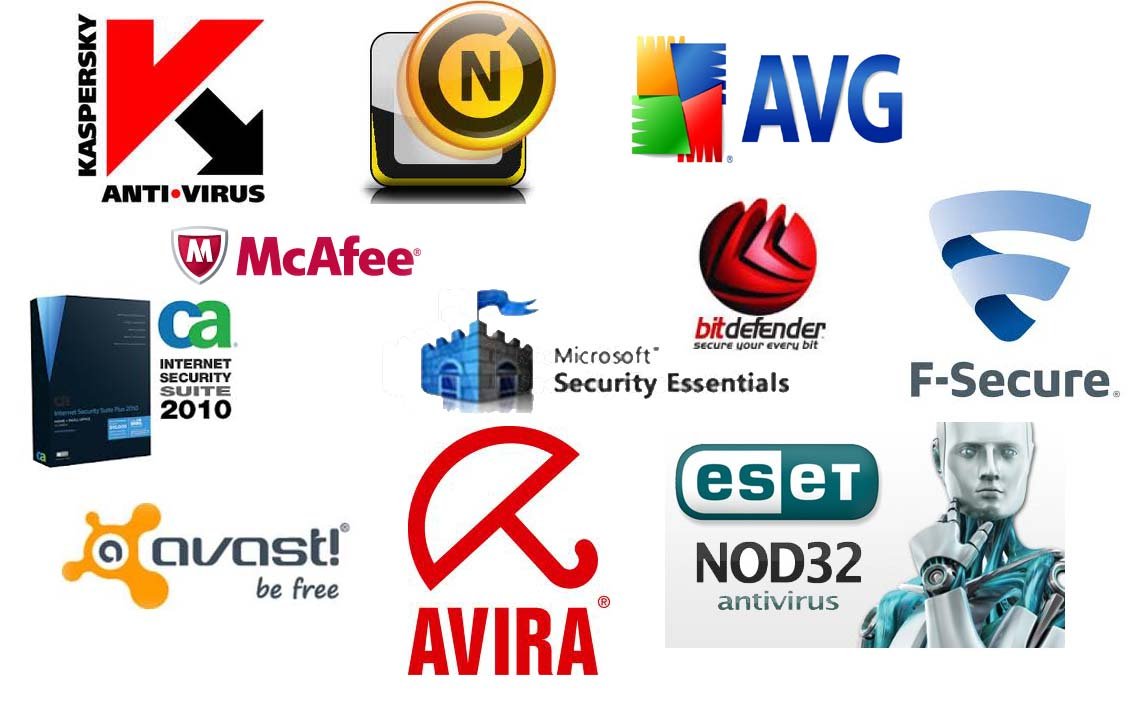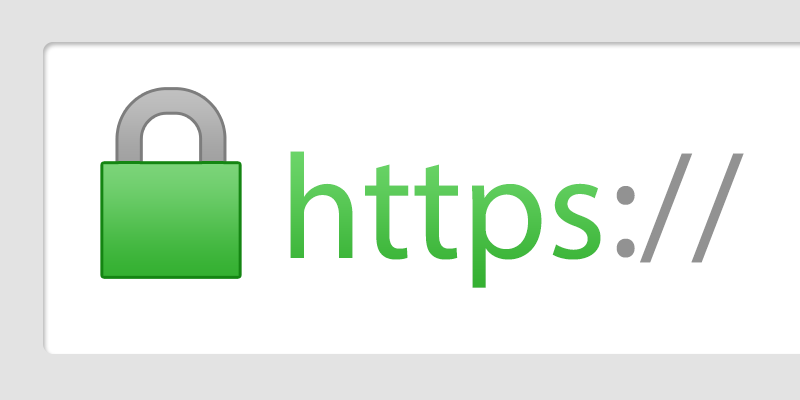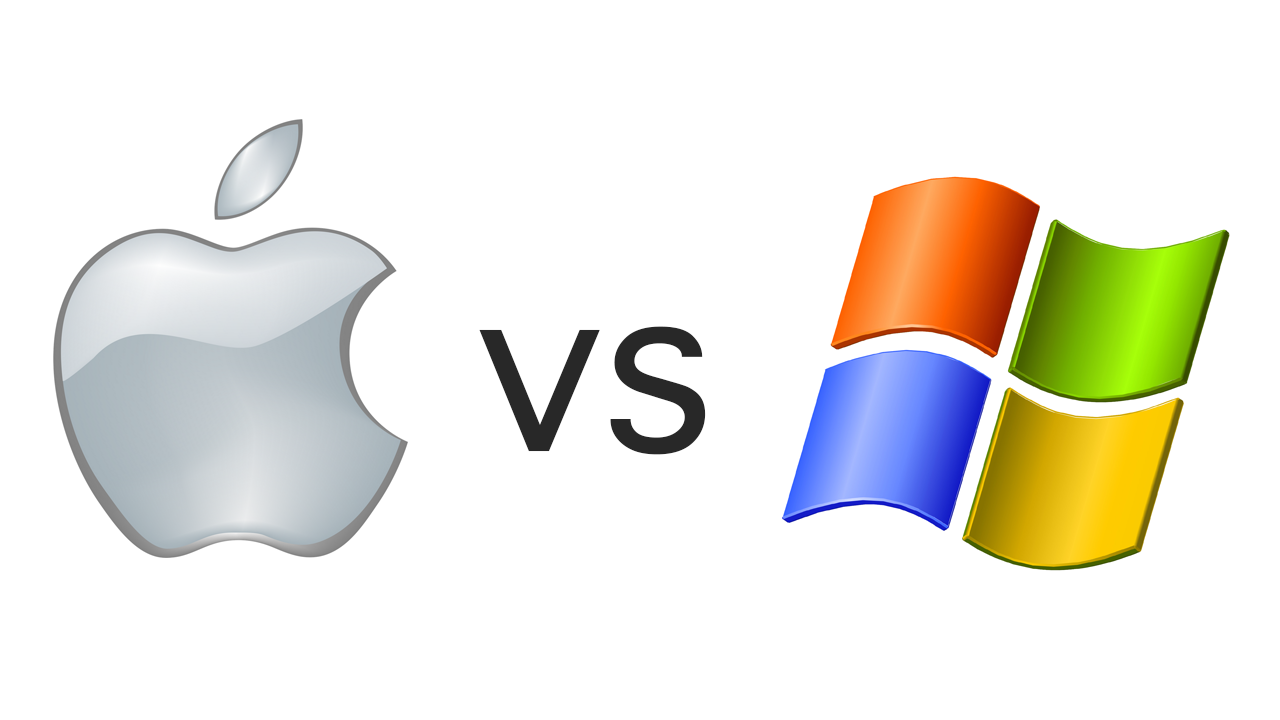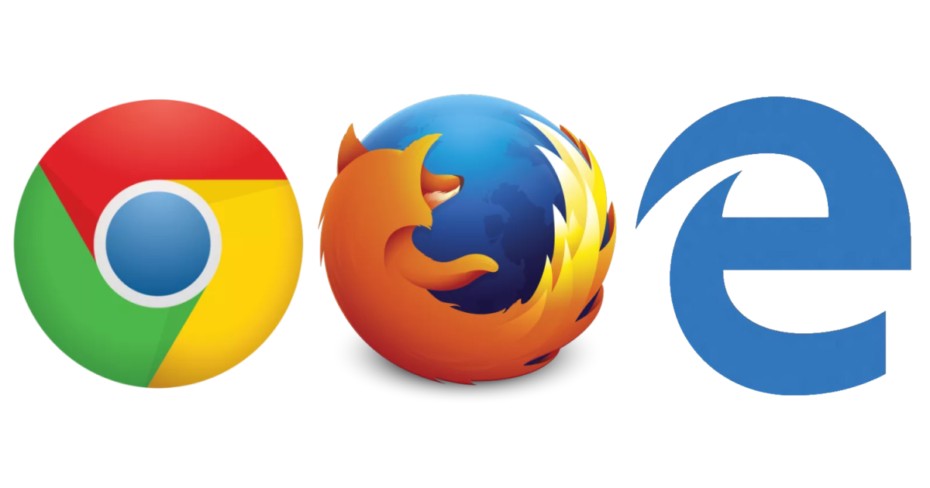Before we talk about the myths of safe web browsing, answer this – are we really safe in this world? If your answer is “yes”, then think again. From living in the actual world to creating virtual realities or avatars online on the world wide web, do you honestly think that you are safe in either of those realities? From the smallest, innocent and sometimes unintentional crime, such as stealing money out of your mother’s purse to hacking someone’s bank account, there’s no escaping being a victim of cybercrime. We are in an era where cyber crime has become one of the most dangerous crimes that our world faces today.
Countries around the world, have asked their best I.T. experts to put their heads together to tackle the cyber crime mafia, which is spreading its venom across the world. To send the genie back in the lamp, I.T. experts around the world have been working tirelessly to reduce cyber crime and to make sure that the internet is a secure place to browse. Although, it did take some time to find a solution to this problem, people finally found closure in the form of the words “safe web browsing”.
There are many misconceptions about safe web browsing and we shall examine some of them in this article to find out whether or not “safe web browsing” actually exists or if it is just another myth. Speaking of “myths”, there are five most common myths of safe web browsing, which are circulating around the world currently. Lets take a look at them.
1. Does installing anti-virus really help keep your device and, more importantly, your web browsing safe?
Firstly, there are two versions of anti-virus; the free version and the paid version. Unlike the free version, the paid version offers all the tools unlocked for their users, so that they can make use of all of its capabilities. If you are looking for a cheaper way to secure your device, then the free version may be a temporary solution, but do keep in mind, that the free version does not provide necessary protection which your device requires. Now, this is because the developers of the anti-virus have intentionally locked some or most of the tools, in order to sell the paid versions of their anti-viruses. So, if someone thinks that the free version is going to provide protection of top most level, then they are fooling themselves.

Secondly, if you think that scanning your downloaded files for malicious content will eliminate the threat, then you’re living in a fool’s paradise. Although it’s a healthy way of keeping your devices secure, there can still be chances of your downloads being infected by “drive-by infections”. Now, these “infections” are basically embedded in some of the most trusted and popular websites, using a technique called “SQL” injection. “SQL” is a domain-specific language used in programming and designed for managing data, held in a relational database management system. Whereas, SQL injection is a code injection technique, used to attack data-driven applications, for example, whenever a user visits an infected page or malicious content, the code is automatically loaded by the browser, while the user has no idea of what is going on. Once, loaded or downloaded, the injected code will exploit the vulnerabilities in the system. That is why, this code is nearly impossible to be detected by our “trusted” anti-viruses, making it a problem for the traditional web security.
However, not everything is impossible to be detected. Hackers may try to bypass the security software, but our “Good” community is working day and night to keep the thief where it belongs. Here’s what you can do to prevent the SQL injection and exploitation of your personal data:
- Firstly, and most importantly, make sure you have the right anti-virus, which is capable enough to eradicate the problem at its root. It should be an advance multi-layered, real-time web protection which should be capable enough to monitor and scan all the downloaded files, even before they are accessed.
- Secondly, make sure that your anti-virus has the necessary URL filtering and can detect any malicious or suspicious content online. Don’t try to rely on the traditional malware detection, they are as ineffective to the dynamic modern web threats just as ‘a sunroof on a submarine’.
2. Does a strict browsing policy keep us safe? Or will it let us only visit the “trusted sites”?
Now, let’s get the facts corrected. There is NO such thing as a trusted website, well not anymore. How can you be secure when the biggest companies or organizations are being exploited now and then? Citibank, NASA, New York Times, US Military, Sony, Yahoo, eBay, and countless other companies have already been the target of cybercrime. Now every site is vulnerable to risk. Even if the website makes its web policy strict enough, some users will bypass the web policies by anonymizing themselves with the use of proxies, and that’s where you’re inviting your own (cyber) death.

Those days are gone, when online threats were only present for the dark websites on the internet, such as adult websites. Nowadays, the most legitimate and trusted websites are being the victim of cybercrimes. ‘Websense research report: Security Pros & “Cons”’ estimated that 80% of infected or exploited websites are in fact, legitimate ones. The answer to this problem is again a URL filtering solution which only a powerful anti-virus can provide by accessing the URLs in real-time and scanning them, simultaneously.
3. Does using a VPN or cloud service protect offsite users?
We beg to differ. Though this used to be so in the olden days, but not anymore. Remember the time when you had to redirect your web browsing through a secure VPN service or cloud service to keep your web gateway secure? Well, no one would’ve probably told you, but that was really complex, expensive, and a waste of bandwidth. So, thinking that a VPN or a cloud service will completely protect offsite users, is incorrect.

Hence, what you can do is to use a web protection software, which will integrate the web policy enforcement and scan all the web content directly into the network layer on your devices. It is cheaper, more efficient, and measurable.
4. Does the Mac provide better security than Windows?
There is no one outright answer to this question. Mac OS is a completely different OS than the Windows, and it’s true that the Mac has many built-in security features. But, same goes for the Windows 8.1 and higher, especially for the Windows 10. Both OS’s developers work tirelessly to make their product a more secure, safe, user-friendly, affordable, and efficient one. But, the thing is that as the demand for Mac increases in the workplace and at homes, it will become more vulnerable to attacks from the hackers’ community. We’ve recently seen that hackers have found many ways to bypass the Mac security and infect its OS with malwares and viruses. SophosLabs found in a 2012 study of Types of Mac OS X Detection, that 43% detections were of Fake AV, 33% was of Flash, 7% was of Jahlav, 7% was of RSPlug, 2% was of iWorkS, and 8% included others.

Are we completely hopeless? No, there’s always a bright side to every story. If you haven’t already installed Mac antivirus solution, what you can simply do is update and fully patch any applications or add-ons that you might use. Mac threats are monitored by global threat analysis labs operations 24/7. This will reduce the potential vulnerabilities and minimize or control the damage done by the hackers on your Mac.
5. Does using a better browser, like Google Chrome, provide better security?
Think of it this way, would a hacker try to bring down a famous, popular, and widely used browser to earn himself some fame, or will it go with an underdog which is easy to hack? Of course, they will be keen to test their abilities against a much stronger opponent in the virtual world, such as Google Chrome or Mozilla Firefox. As one application or software becomes more popular, it becomes that much of a favorite for hackers to target. Even though Chrome is considered to be a more secure browser comapred to others, but ask yourself – “Can anything in this world be immune to the vulnerabilities?”. Hackers are continuously trying to find the weaknesses, and exploit them or take advantage of them.

Don’t get disappointed way too early, there’s some good news too. It’s true that all of the applications, whether it be browsers or files that you download from the internet, carry a risk, but with few simple steps you can take the power into your own hands and minimize the risks. The steps are again the ones which are already discussed above. Firstly, keep all your softwares fully patched and up-to-date at all times, in order to eliminate possible exploits. Secondly, again use an antivirus which is capable of real-time protection and can provide advanced web malware detection. Simple steps as these, can keep your devices protected and keeping the uninvited out of your datas.
